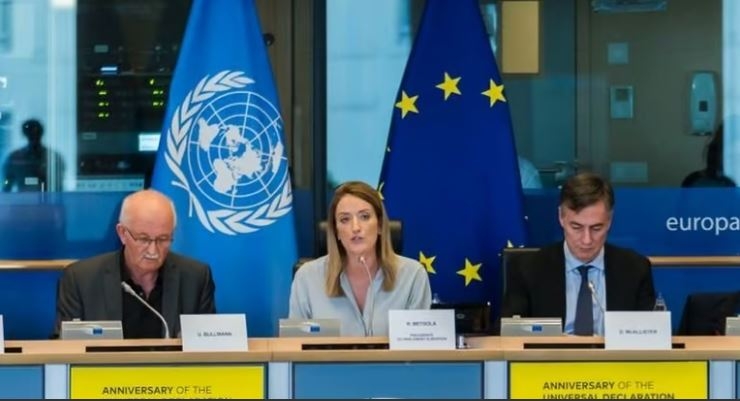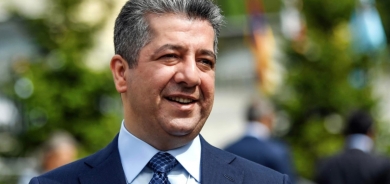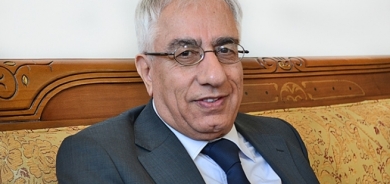EU Member States Reach Landmark Agreement on Migration Reform

The European Union (EU) member states and the European Parliament have successfully negotiated a major overhaul of the bloc's laws governing asylum-seekers and migrants. The deal, described by European Commission Vice President Margaritis Schinas as a "breakthrough," aims to address the challenges posed by irregular migration and streamline the asylum process within the EU.
Key Points:
Faster Vetting and Border Detention Centers: The reform includes provisions for expedited vetting of irregular arrivals, the establishment of border detention centers, and accelerated deportation procedures for asylum seekers whose requests are rejected.
Solidarity Mechanism: A key aspect of the agreement is the introduction of a solidarity mechanism to alleviate the burden on southern EU countries experiencing high numbers of asylum seekers. Some asylum seekers will be relocated to other EU states, and countries refusing to accept them will contribute financially or materially to those that do.
International Recognition: The deal has received praise from various quarters, including European Parliament President Roberta Metsola, UN refugee chief Filippo Grandi, and German Chancellor Olaf Sholz, who emphasized its positive impact on countries, including Germany.
Mixed Reactions: While German Foreign Minister Annalena Baerbock acknowledged the agreement's necessity, she expressed concerns about the lack of blanket exemption for children and families from border procedures. Italian Interior Minister Matteo Piantedosi, on the other hand, hailed the pact as a success for Italy and Europe.
Hungary's Rejection: Hungary strongly rejected the agreement, with Foreign Minister Peter Szijjarto stating that the country would not allow anyone in against its will and refused to be dictated by Brussels.
Political Divisions: The reform has sparked political divisions, with conservative lawmakers praising it as "historic," while left-leaning politicians, including German EU lawmaker Damian Boeselager, argue that the negotiators undermined the right to seek asylum.
Criticism from Aid Agencies: Several aid agencies, including Amnesty International, Oxfam, Caritas, and Save the Children, have criticized the reform, labeling it a "cruel system" that is unworkable. Sea-Watch rescue charity called the agreement a "historic failure" and accused it of bowing to right-wing parties.
Global Context: The EU migration reform agreement coincides with the approval of a controversial immigration bill by the French parliament, highlighting broader challenges and debates surrounding immigration policies across Europe.
The EU's landmark migration reform agreement represents a significant step towards addressing the complex issue of irregular migration within the bloc. However, the mixed reactions from member states, political figures, and aid agencies underscore the challenges of finding a balance between humanitarian concerns and border control measures.
Europe has delivered a robust Migration and Asylum Pact.
— Roberta Metsola (@EP_President) December 20, 2023
A legislative framework that functions, that protects.
That is humane and fair with those seeking protection, firm with those not eligible, strong with those who exploit the most vulnerable. https://t.co/nGPx02RtJX















